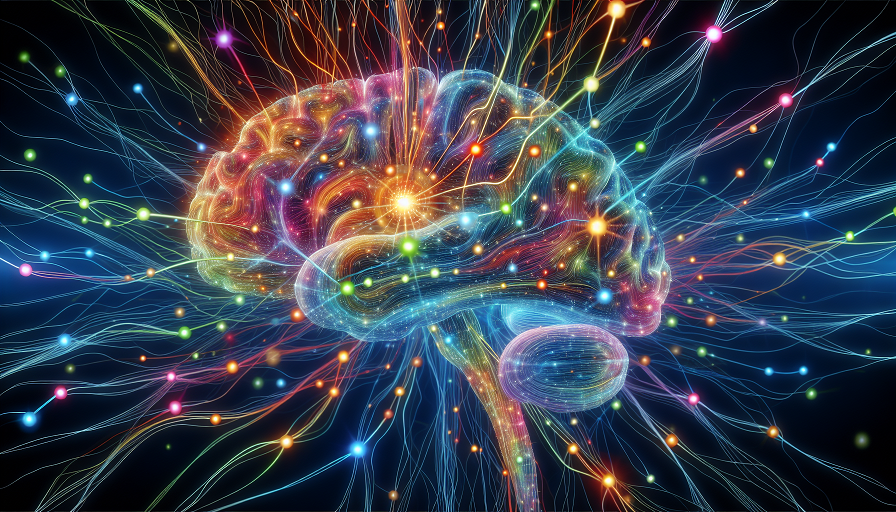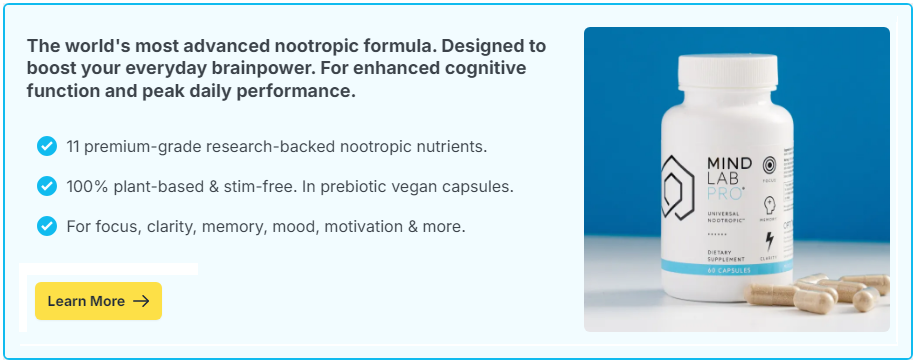
Have you ever had a gut feeling that led you to create something amazing or solve a problem in a unique way? Many of us have experienced those moments when intuition seems to light the path to an innovative breakthrough. But what exactly is the connection between creativity and intuition? Here we examine this intriguing relationship and see what science has to say about whether our gut instincts can indeed fuel innovation.
Contents
Understanding Creativity
To delve into how intuition impacts creativity, let’s first understand what creativity means. Simply put, creativity is the ability to come up with new and original ideas or to find fresh solutions to problems. It involves thinking outside of traditional frameworks and exploring possibilities that others might overlook. Creative thinking is essential in art, science, business, and just about any field you can think of. It’s how we innovate and adapt to changes in the world around us.
What Makes Someone Creative?
Creativity isn’t limited to a select few; everyone has the potential for creative thought. However, certain traits may make it easier for some individuals to tap into their creativity. Traits like open-mindedness, curiosity, and a willingness to take risks all contribute to one’s creative capabilities. Encouraging curiosity and nurturing these traits can help unlock innovative potential.
Decoding Intuition
Intuition can often feel like a mysterious force, guiding us to make decisions without obvious reasoning. But what exactly is intuition? It is often described as the ability to understand or know something immediately, without the need for conscious reasoning. Some call it a “gut feeling,” while others refer to it as an instinctive reaction.
Where Does Intuition Come From?
Intuition arises from the brain’s ability to quickly process information based on past experiences and patterns. Without us consciously realizing it, our brains are constantly absorbing and analyzing data from our surroundings. This complex and rapid processing sometimes leads to insights that emerge as gut instincts.
Psychologists believe that intuition is a cognitive process that combines knowledge, experience, and emotions. While we may not be aware of it, our minds are always working in the background, drawing connections and organizing information, which later manifests as intuition.
The Link Between Creativity and Intuition
Now that we’ve laid out the basics of creativity and intuition, let’s explore how these concepts intertwine. It’s often said that highly creative people have strong intuitive skills. This might be because intuition helps to make connections between seemingly unrelated ideas, a key component in the creative process.
How Intuition Fuels Creative Sparks
When you’re faced with a creative challenge, intuition can guide you toward unconventional solutions. It acts as a compass, helping you navigate through a sea of possibilities and discover new paths that your rational mind might not see. Here are a few ways intuition can spark creativity:
- Finding Hidden Patterns: Intuitive insights allow you to detect patterns without needing a detailed step-by-step analysis. This ability to see connections others don’t perceive is critical for creative breakthroughs.
- Trusting Unconscious Thought: Sometimes the best ideas come when we’re not actively thinking about a problem. Our intuition continues to work in the background, and a sudden insight or idea may arise without deliberation.
- Overcoming Mental Blocks: Intuition can help you bypass the filters and restrictions that sometimes stifle creativity. By listening to your gut, you may find unexpected solutions and new ways of thinking.
Boosting Your Intuition and Creativity
If intuition and creativity are so closely linked, it makes sense to develop both skills simultaneously. Here are some strategies to enhance both your intuition and creativity:
Practice Mindfulness
Mindfulness practices, like meditation and deep breathing, can help cultivate intuition. By calming the conscious mind, you allow intuitive insights to surface more freely. Mindfulness also enhances focus and awareness, which can lead to more creative thinking.
Engage in Diverse Experiences
Exposure to varied experiences and knowledge can enrich intuition. The more experiences you have to draw from, the stronger your intuitive insights will be. These experiences can include travel, learning new skills, or even reading diverse genres of books.
Journal Your Thoughts
Keeping a journal can be an effective way to track intuitive insights. Write down your ideas, feelings, and any gut instincts you have. This practice not only helps solidify intuitive thinking but also provides a creative outlet to explore thoughts and ideas.
Embrace Risk and Failures
Creativity often involves taking risks and experimenting with new ideas. Don’t be afraid to fail; every failure is a lesson and a step closer to success. Trusting your intuition can encourage risk-taking by giving you the confidence to explore creative possibilities.
The Role of Brain Supplements
In addition to mental practices and lifestyle changes, some individuals turn to brain supplements to boost cognitive function and, subsequently, their creativity and intuition. These supplements, often known as nootropics, are designed to enhance memory, focus, and overall brain health. While research on their effectiveness varies, many users report improved cognitive clarity and innovative thinking.
Common Brain Supplements
There are several popular brain supplements that people use to potentially foster creativity and intuition. Some of them include:
- Omega-3 Fatty Acids: Found in fish oil, omega-3s are essential for brain health and can support cognitive functions, which indirectly nurtures creativity and intuition.
- Ginkgo Biloba: Believed to increase blood flow to the brain, Ginkgo Biloba may enhance cognitive function and mental clarity, providing a clearer platform for intuitive insights to emerge.
- Bacopa Monnieri: An herb that is often used in traditional medicine, it’s thought to improve cognition and reduce anxiety, thereby helping maintain a calm mind conducive to creative thinking.
- L-Theanine: Commonly found in green tea, this amino acid promotes relaxation without drowsiness, allowing the mind to wander creatively and intuitively.
What Science Says About Intuition and Innovation
Research supports the idea that intuition plays a significant role in innovation. Studies have shown that people who frequently rely on intuition tend to be more open to novel ideas and are more adept at creative problem-solving. Scientists argue that intuition may not be as mysterious as it seems, but rather a complex form of decision-making based on experience and expertise.
A study conducted by Northwestern University revealed that intuitive insights often lead to innovative solutions and help people connect distant ideas. Another research project highlighted that individuals who trusted their intuition experienced a higher rate of discovery and creativity in their work.
Both intuition and creativity are powerful tools in the realm of innovation. While intuition guides us with its seemingly magical insights, creativity provides the capacity to execute ideas in new and exciting ways. By harnessing them together, anyone can unlock their potential and become an innovator.

